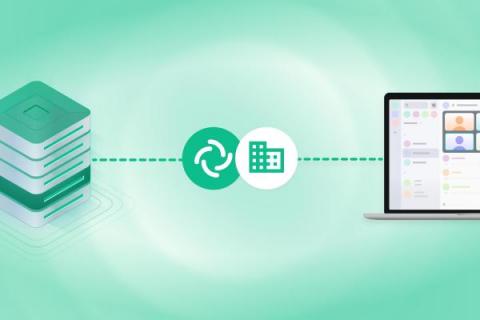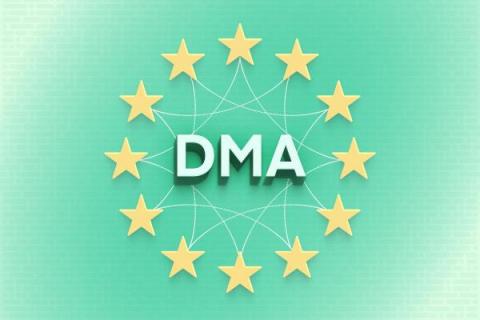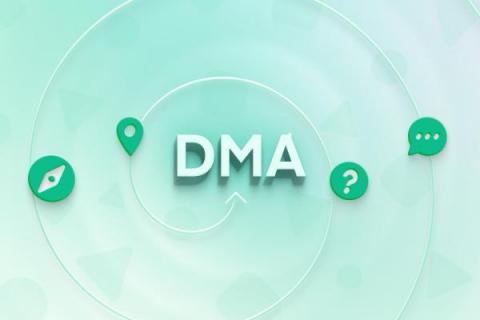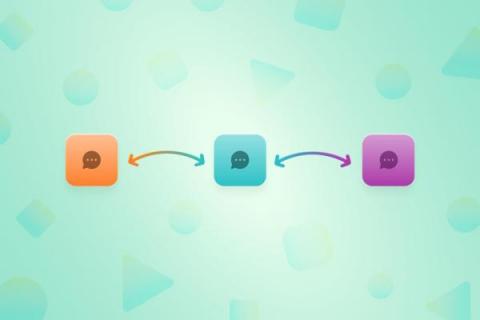Frontline workers and messenger apps; how to solve shadow IT
Around 2.7 billion people are frontline workers - that’s about 80 percent of the world’s working population. It covers a huge range of roles, spanning in-home support, hospitality, agriculture, logistics, construction, emergency services and much more. Being on the frontline means that people are often operating from a mobile device. So it’s easy to understand why 53% of frontline workers end up using unapproved consumer-grade messaging apps at work.











